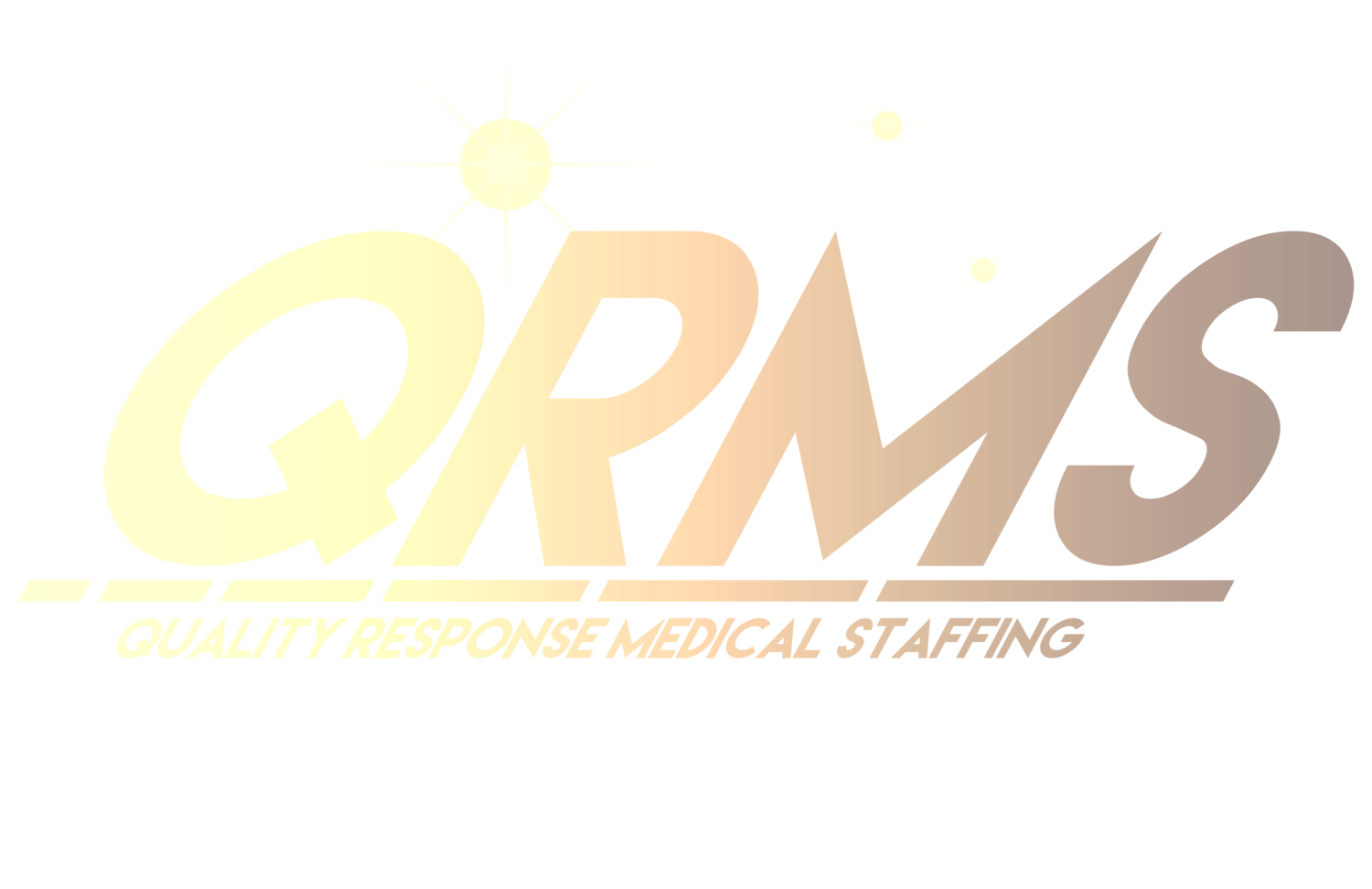How to Deal with Anxiety
Anxiety is a common and often overwhelming experience that can affect every aspect of your life. While it's perfectly natural to feel anxious at times, chronic anxiety can be debilitating. The good news is that there are practical steps you can take to manage and reduce anxiety. In this article, we will explore five effective strategies to help you deal with anxiety and regain a sense of control over your life.
1. Recognize Your Anxiety
The first step in managing anxiety is to recognize it. Understand the physical and emotional signs of anxiety, which may include restlessness, racing thoughts, a rapid heartbeat, and excessive worry. Sometimes, simply acknowledging your anxiety can make it feel more manageable. Keeping a journal to track your anxiety triggers and symptoms can be helpful.
2. Deep Breathing and Relaxation Techniques
When anxiety strikes, deep breathing and relaxation techniques can be powerful tools. Practice deep, slow breaths by inhaling for a count of four, holding for four, and exhaling for four. This simple technique can help calm your nervous system and reduce anxiety. Explore other relaxation methods, such as meditation, mindfulness, or progressive muscle relaxation, to find what works best for you.
3. Challenge Negative Thoughts
Anxiety often arises from negative and irrational thoughts. Challenge these thoughts by asking yourself questions like, "Is this worry based on facts?" or "What's the worst that can happen?" By examining your thoughts logically, you can gain perspective and reduce anxiety's grip on your mind. Cognitive-behavioral therapy (CBT) is a proven method to help you identify and reframe negative thought patterns.
4. Physical Activity
Regular physical activity is one of the most effective ways to manage anxiety. Exercise releases endorphins, which are natural mood lifters. It also helps reduce stress hormones. You don't need to become a marathon runner; a daily walk, yoga, or any activity you enjoy can make a significant difference in reducing anxiety.
5. Seek Support
You don't have to face anxiety alone. Seeking support from friends, family, or a therapist can be instrumental in managing anxiety. Talking to someone you trust can provide emotional relief, and they may offer valuable insights or coping strategies. Professional therapy, such as cognitive-behavioral therapy or talk therapy, can provide specific tools and guidance to address your anxiety effectively.
Takeaway
Dealing with anxiety is a journey that requires patience and self-compassion. By recognizing your anxiety, using relaxation techniques, challenging negative thoughts, incorporating physical activity into your routine, and seeking support, you can effectively manage and reduce anxiety's impact on your life. Remember that it's okay to ask for help, and you're not alone in this struggle. With the right tools and strategies, you can regain control and lead a fulfilling life with reduced anxiety.
Health Disclaimer: This blog provides general information and discussions about health and related subjects. The information and other content provided in this blog, or any linked materials, are not intended and should not be construed as medical advice, nor is the information a substitute for professional medical expertise or treatment.

